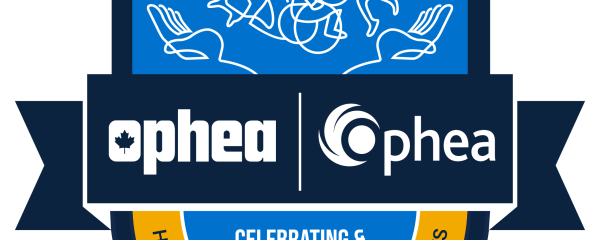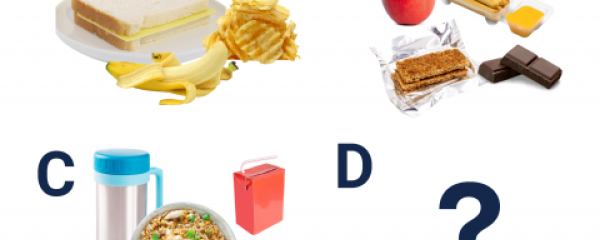What is it all about?
Use improvisation to support students in considering diverse perspectives on a variety of relevant issues such as how diseases and health conditions impact one’s nutrition and food choices, risk taking behaviours and strategies to reduce personal injury, coping with stress, mental illness, stigmas, sexual harassment, violence and abuse, and developing healthy relationships. After the improvisation, have students reflect on their own behaviours and actions. This activity may be used at the beginning of a unit of learning.
Curriculum Connections
Grade 11: C1.1, C2.1, C3.1, C3.4, C3.5
Grade 12: C1.1, C1.3
How is it done?
- Have students work in small groups and provide each group with a topic related to the healthy living concepts identified in the curriculum expectations for your chosen grade (for example, someone dealing with a disease or health condition that is impacted by their nutrition and food choices, a friend involved in a risk taking behaviour, an individual coping with stress or mental illness, an incident of sexual harassment, violence or abuse, or partners talking about their relationship choices).
- Have students create a character or characters and improvise a short scene with their group about their scenario.
- Have students present their scenes to the class, and ask them to stay in character and respond to questions posed by the class about their characters’ background, perspective, behaviour, and motivation for their actions.
- Facilitate a group debriefing session. Have students reflect on what they learned, their and others’ reaction to the work of their peers, and what the group as a whole can take away from the activity to support the well-being of both self and others.
What may be needed?
A list of topics to provide scenarios for improvisation
Opportunities for assessment
Use the improvisation and character responses to learn more about students’ perspectives and what they are curious about, to assess what students understand about the selected healthy living concepts, and to plan further learning opportunities.
Ideas for Extension
At the end of the unit have students re-enact their improvisations integrating what they have learned about the health concepts that were the focus of activity and about applying effective communication skills.
Educator notes
- Encourage students to practice assertive communication, which includes the following:
- Describing the situation, stating facts (no blaming or accusing)
- Expressing how you feel about the facts or situation, using “I” statements and non-Verbal communication
- Stating what you want or need, using “I” language
- Stating any consequence to your actions
- Encourage students to pay attention to non-verbal cues (for example, posture, tone of voice).
- Encourage students to reflect on why people may not always choose the best course of action (for example, stay in an abusive relationship, succumb to peer pressure).
- Encourage students to reflect on their personal boundaries and how they may apply new skills to their own lives.
- Moderate the post-performance discussion, ensuring class feedback remains constructive, correcting any misinformation presented in the scene, answering any questions that may arise, and referring to relevant resources as needed.
- If any potentially offensive or problematic content comes up in a performance, do not react in a disciplinary manner, but correct it.
- Acknowledge humour as a useful tool for strengthening memory, building confidence, and increasing self-efficacy that also helps to combat stigma and diffuse awkwardness.



